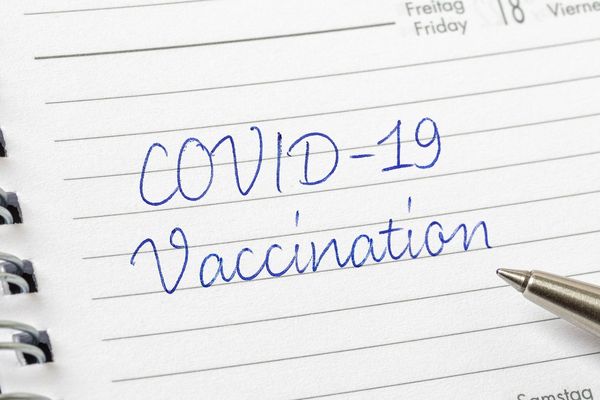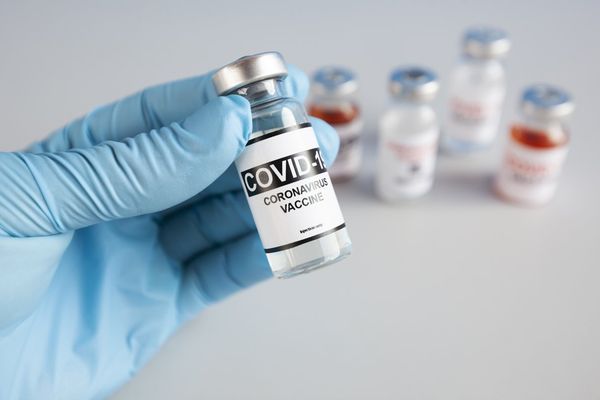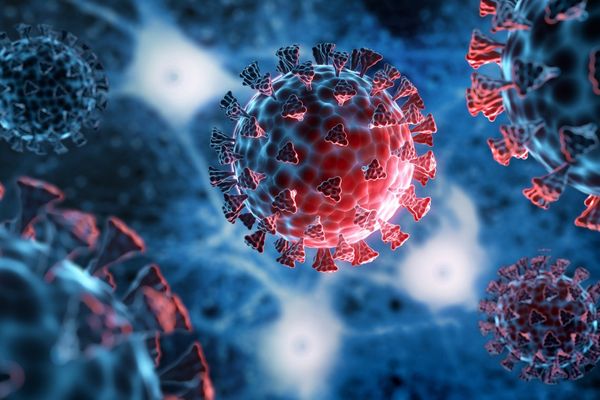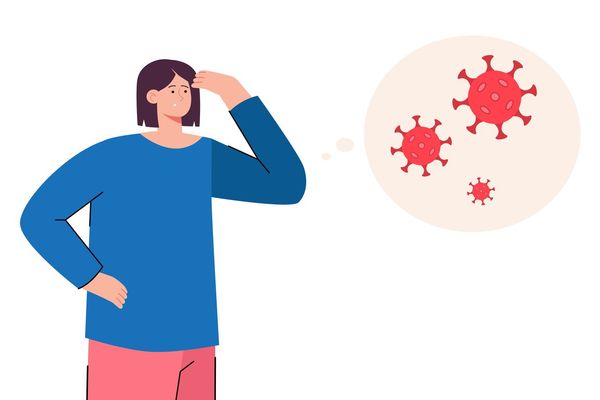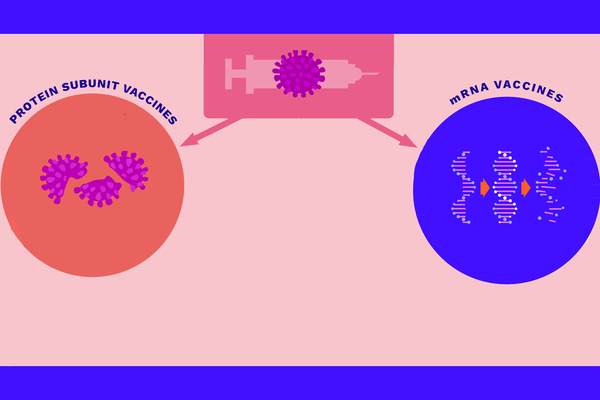Who is at high risk for getting serious illness from Covid-19?
Serious illness from Covid-19 means you’re more likely to be hospitalized, need intensive care or need a ventilator to breathe and are at increased risk of death.
Risk of death increases as you age
- Ages 50-64 25x higher
- Ages 65-74 60x higher
- than ages 18-29.
- Adults over age 50
Your risk increases with age, and those over 65 are most likely to get very sick from Covid-19. There are several reasons for this:
- Older people tend to have more underlying conditions that are risk factors for serious Covid-19 illness.
- The immune system gets weaker as we get older, which can make it harder to fight infection.
- Our lungs don’t function as well as they do when we’re younger, which can make a respiratory illness like Covid-19 more serious.
- Covid-19 is an inflammatory disease, and inflammation in older people can be intense and can damage internal organs.
8 out of 10 Covid-19 deaths occur in people over 65
People with underlying health conditions
The more medical conditions one has, the greater their risk for serious illness. Some of the medical conditions that increase your risk are:
- Cancer
- Chronic kidney disease
- Chronic liver disease
- Chronic lung diseases, including asthma and chronic obstructive pulmonary disease (COPD)
- Cystic fibrosis
- Dementia or other neurological conditions
- Diabetes (type 1 or type 2)
- Heart conditions, such as heart failure, coronary artery disease and possibly high blood pressure
- HIV infection
- Immunocompromised or weakened immune system
- Mental health conditions, including depression
- Overweight and obesity
- Limited physical activity
- Pregnancy and people within 6 weeks of giving birth
- Sickle cell disease or thalassemia
- Smoking (either currently or formerly)
- Solid organ or blood stem cell transplant
- Cerebrovascular disease, such as stroke
- Substance abuse disorders
- Tuberculosis
People with disabilities
Disabilities, such as attention-deficit/hyperactivity disorder, cerebral palsy, birth defects, Down syndrome, intellectual and developmental disabilities, and spinal cord injuries, put people at higher risk of serious illness because they are more likely to:
- Have chronic health conditions
- Live in group settings
- Face barriers in accessing healthcare
People in certain racial or ethnic groups
Health and social inequities contribute to an increased risk of severe Covid-19 illness in marginalized racial and ethnic groups. These factors include:
- Lower socioeconomic status and poorer living conditions
- Limited access to vaccines and treatment
- Increased exposure to Covid-19 among frontline and essential workers, who are often members of marginalized groups
- The long-term effects of stress caused by discrimination
How can you reduce your risk of getting Covid-19?
- Stay up to date on your Covid-19 vaccines
- Mask while in public
- Avoid contact with people who have Covid-19
Cases of Covid-19 and deaths remain high.
If you’ve been exposed to Covid-19:
- Wear a mask
- Watch for symptoms
- Isolate and test immediately if you have symptoms
- Test 5 days after exposure even if you don’t have symptoms
Keep in touch with your healthcare practitioner
If you have symptoms and are 50 years or older or are at high risk of getting very sick, get tested . If you have Covid-19, you may be eligible for treatment.
If you have a health condition that puts you at high risk and you develop symptoms of Covid-19 — or if your symptoms worsen even if you are not at high risk — contact your healthcare practitioner so they can monitor you.
This resource was created with support from Pfizer.
- 5 Reasons to Wear a Mask Even After You’re Vaccinated ›
- I've Had COVID-19 Symptoms for 130 Days and Counting ›
- Who Counts as Immunocompromised? A Guide for High-Risk Individuals ›



